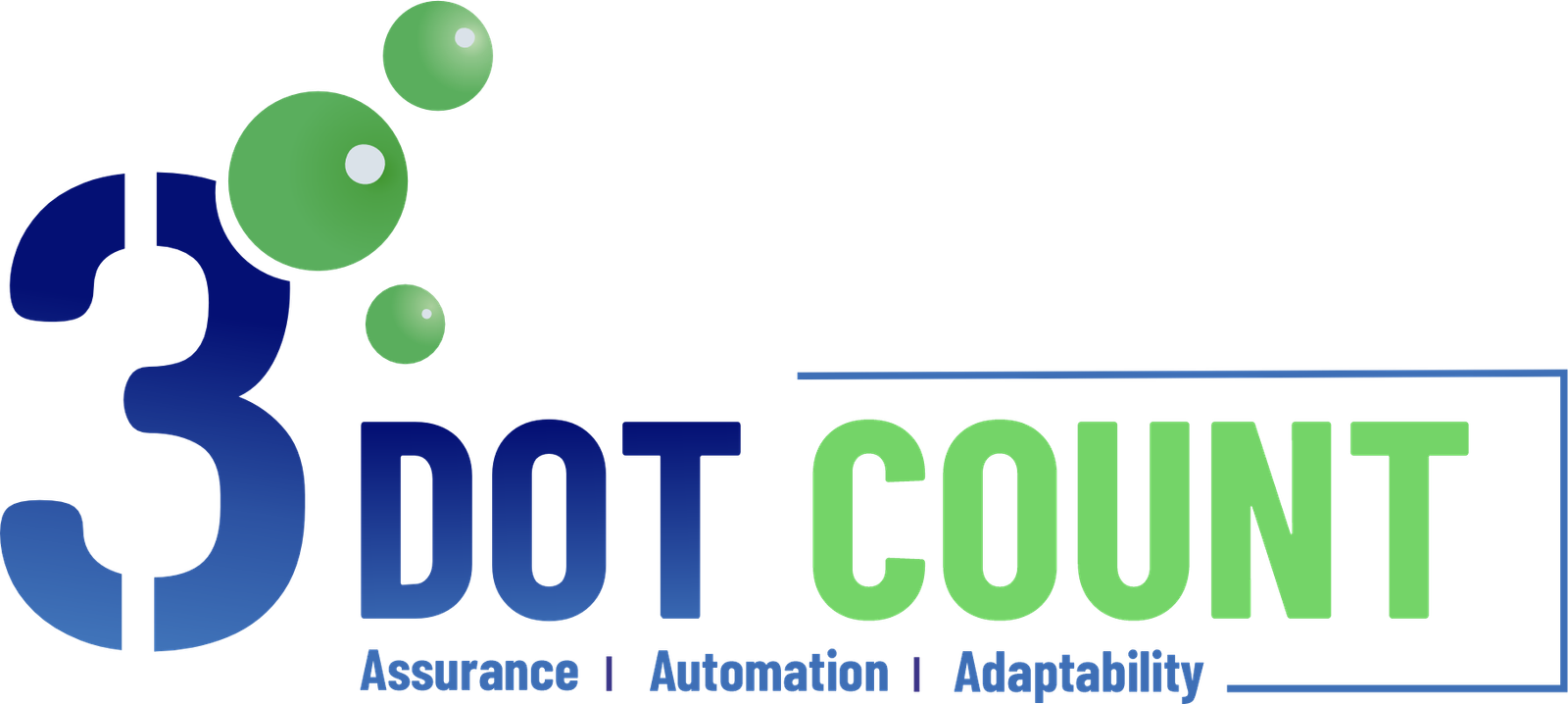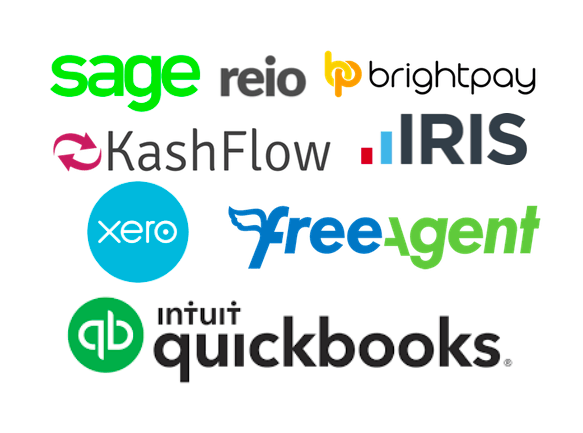Managing finances is a crucial part of any business. Accounting software can make this process easier and more efficient. However, with so many options available, choosing the right accounting software for any business can be a daunting task.
To help you with this, we have compiled a list of the best accounting software solutions you’re your business. These solutions have been evaluated based on their features, ease of use, and compatibility with business platforms. Whether you are a small business owner or running a large corporation, these software solutions can help you streamline your accounting processes and manage your finances with ease.
From cloud-based solutions to on-premise software, this guide covers a wide range of options, including popular choices like QuickBooks and Xero. We also dive into the more technical aspects of accounting software, such as API integrations and automation capabilities. This guide is designed to help you make an informed decision when choosing the best accounting software solution to grow your business. So, let us take a deep dive into the world of accounting software and discover the best options available for your business.
Criteria for choosing accounting software for business:
With so many options available in the market, choosing the right accounting software can be overwhelming. In this section, we’ll discuss the criteria for choosing accounting software for business to help you make an informed decision.
- Integration: When selecting accounting software for business, it is crucial to choose software that can integrate with business platform to automate the accounting process and reduce errors.
- Ease of Use & Inventory Management: The software should have an easy-to-use interface and robust inventory management features, including tracking inventory levels and receiving alerts when items are low to prevent stock outs.
- Security: Security features, such as encryption and data backup are necessary to keep sensitive financial information safe.
- Scalability & Customer Support: The software should be scalable to accommodate growth, provide detailed financial reports, and offer excellent customer support.
- Pricing: Finally, the cost of the software should fit within your budget and provide value for money.
By considering these criteria, you can select best accounting software that meets your business needs and enhances financial health and success.
Here the list of best accounting software solutions to grow your business:
1. QuickBooks Online:
Features: QuickBooks Online is a cloud-based accounting software that offers a range of features like Automatic tax calculations, Banking data synchronization, Invoice management, Custom invoices, Estimate creation, Mobile receipt capture, Bill management etc. It allows users to track sales and expenses, manage inventory, create and send invoices. QuickBooks Online also integrates with various business platforms like Shopify, WooCommerce and Amazon.
Pros and cons: QuickBooks Online is user-friendly and offers a wide range of features that make it ideal for every businesses. However, it can be expensive for small businesses, and some users have reported issues with customer support.
2. Xero:
Features: Xero is a cloud-based accounting software that offers features like inventory management, invoicing, bill payment, bank and credit card reconciliation, and payroll management etc. It is online accounting software that helps small and medium-sized business books. Xero is also involved and competes in the running of all this software.
Pros and cons: Xero is easy to use and offers excellent customer support. However, it has limited reporting options compared to other accounting software and some users have reported issues with bank reconciliation.
3.FreshBooks:
Features: FreshBooks is accounting software founded in 2002 that owned by 2ndsite Inc. This software is cloud-based and we can access it through desktop and mobile devices. The main features of this software are automatic expense import, customized invoices, personalized thank you emails, credit card processing, reminders and late fees, request deposits etc.
Pros and cons: FreshBooks is easy to use and offers excellent customer support. However, it has limited features compared to other accounting software and some users have reported issues with the invoicing system.
4.ZohoBooks:
Features: ZohoBooks is a cloud-based accounting software that offers features like automatic bank feeds and financial reports that run as well as monitoring invoices, managing inventory, and sending payment reminders to vendors and customers and more. ZohoBooks has an easy reconciliation function for clients’ banking accounts or transactions and can connect via the internet to the client.
Pros and cons: It is easy to use and has a mobile app for on-the-go accounting. However, it may not offer enough customization for businesses with complex accounting needs and has limited integrations with other software.
5. Sage 50cloud:
Features: Sage 50cloud offers a range of features, including financial management, inventory management, sales and purchase management, project management, and business intelligence reporting. It also integrates with Microsoft Office 365 and includes mobile access for remote accounting.
Pros and cons: Some of the benefits of Sage 50cloud include its robust feature set, easy-to-use interface, and reliable customer support. However, it may be too expensive for smaller businesses, and some users have reported issues with slow performance.
6. KashFlow:
Features: KashFlow offers a range of accounting features, including invoicing, expense tracking, financial reporting, and VAT management. It also integrates with a range of other business tools, such as PayPal, Stripe, and Shopify.
Pros and cons: Some of the benefits of KashFlow include its affordability, user-friendly interface, and strong customer support. However, it may lack some of the more advanced features of other accounting software solutions and may not be suitable for larger businesses.
7. FreeAgent:
Features: FreeAgent offers a range of features, including invoicing, expense tracking, bank integration, and time tracking. It also includes project management tools and a range of financial reporting options.
Pros and cons: Some of the benefits of FreeAgent include its affordable pricing, user-friendly interface, and strong project management tools. However, it may lack some of the more advanced features of other accounting software solutions and may not be suitable for larger businesses.
8. MYOB:
Features: MYOB offers a range of features, including invoicing, expense tracking, payroll management, and inventory management. It also includes project management tools and a range of financial reporting options.
Pros and cons: Some of the benefits of MYOB include its robust feature set, strong inventory management tools, and reliable customer support. However, it may be too expensive for smaller businesses, and some users have reported issues with slow performance.
In conclusion
After conducting an in-depth analysis of various accounting software solutions, we have identified the best software solutions for businesses, including QuickBooks Online, Xero, FreshBooks, ZohoBooks, Sage 50Cloud, Kashflow, FreeAgent, and MYOB. Each software solution offers unique features that cater to different business needs. However, businesses with more specialized needs may find other software solutions more suitable based on their specific requirements.


